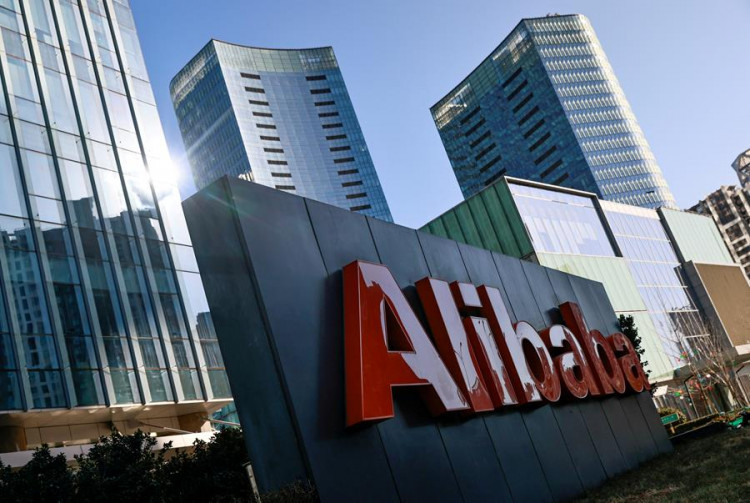Alibaba Group announced plans to invest 380 billion yuan ($52 billion) in artificial intelligence (AI) and cloud infrastructure over the next three years, signaling the company's aggressive push into emerging technologies amid China's broader efforts to position itself as a global leader in AI. The announcement comes just days after Alibaba founder Jack Ma met with Chinese President Xi Jinping and other top technology executives to discuss the country's AI-driven economic strategy.
The investment, which exceeds Alibaba's total AI and cloud spending over the past decade, is aimed at reinforcing the company's position as China's leading cloud provider while enhancing its competitiveness in AI development. Alibaba CEO Eddie Wu emphasized the company's commitment to advancing artificial general intelligence (AGI), an ambitious form of AI that can perform intellectual tasks at or beyond human levels.
Alibaba "will continue to execute our strategy and make significant investments to seize opportunities presented by the AI era," Wu said in a statement. "The pursuit of [AGI] is our primary objective."
Alibaba's announcement follows a strong earnings report for the quarter ending in December, during which the company posted an 8% year-over-year revenue increase to 280.2 billion yuan ($38.38 billion). Net income surged to 48.9 billion yuan ($6.71 billion), exceeding analysts' expectations and driving Alibaba's U.S.-listed shares up more than 12%.
China's AI sector has gained momentum in recent months, bolstered by advancements from companies like DeepSeek, whose AI models have drawn comparisons to leading U.S. firms. The rivalry between China and the United States in AI development has intensified, particularly as Washington imposes restrictions on exports of advanced semiconductor technology to Chinese firms.
Baidu CEO Robin Li recently underscored the necessity of increased investment in cloud computing infrastructure, a sentiment echoed by Alibaba as it looks to expand its AI capabilities. "The investment in cloud infrastructure is still very much required," Li said. "In order to come up with models that are smarter than everyone else, you have to use more compute."
Alibaba Cloud, which holds a 36% share of China's cloud market, is expected to be a primary beneficiary of the company's AI push. As AI models become more complex and data-intensive, demand for advanced cloud computing capabilities is projected to rise significantly.
The company's AI push also comes as Beijing signals renewed support for the technology industry following years of regulatory crackdowns. In 2020, Chinese authorities halted the initial public offering of Alibaba's financial affiliate, Ant Group, and later imposed a record $2.8 billion antitrust fine on the e-commerce giant. Jack Ma, once China's most high-profile entrepreneur, largely retreated from public life during this period.
However, recent developments suggest that Beijing is pivoting toward fostering growth in the technology sector to counter economic slowdowns and intensifying geopolitical competition. Xi's meeting with Ma and other tech leaders has been widely interpreted as a signal of government support for the country's AI and technology ambitions.
Alibaba has already begun integrating AI into its cloud services, with its cloud business unit reporting 13% revenue growth in the latest quarter, the fastest pace in nearly two years. The company is also collaborating with Apple to incorporate its AI technology into iPhones sold in China, a move that aligns with the broader trend of AI-powered devices becoming mainstream.
Beyond AI and cloud computing, Alibaba's international commerce unit, which includes AliExpress and Lazada, saw a 32% revenue increase, driven by strong cross-border business performance.
With Alibaba's stock price surging more than 60% this year, the company's AI-driven strategy appears to be resonating with investors. Its U.S.-listed shares climbed 8.5% in early trading on Monday, reaching $136.58.




